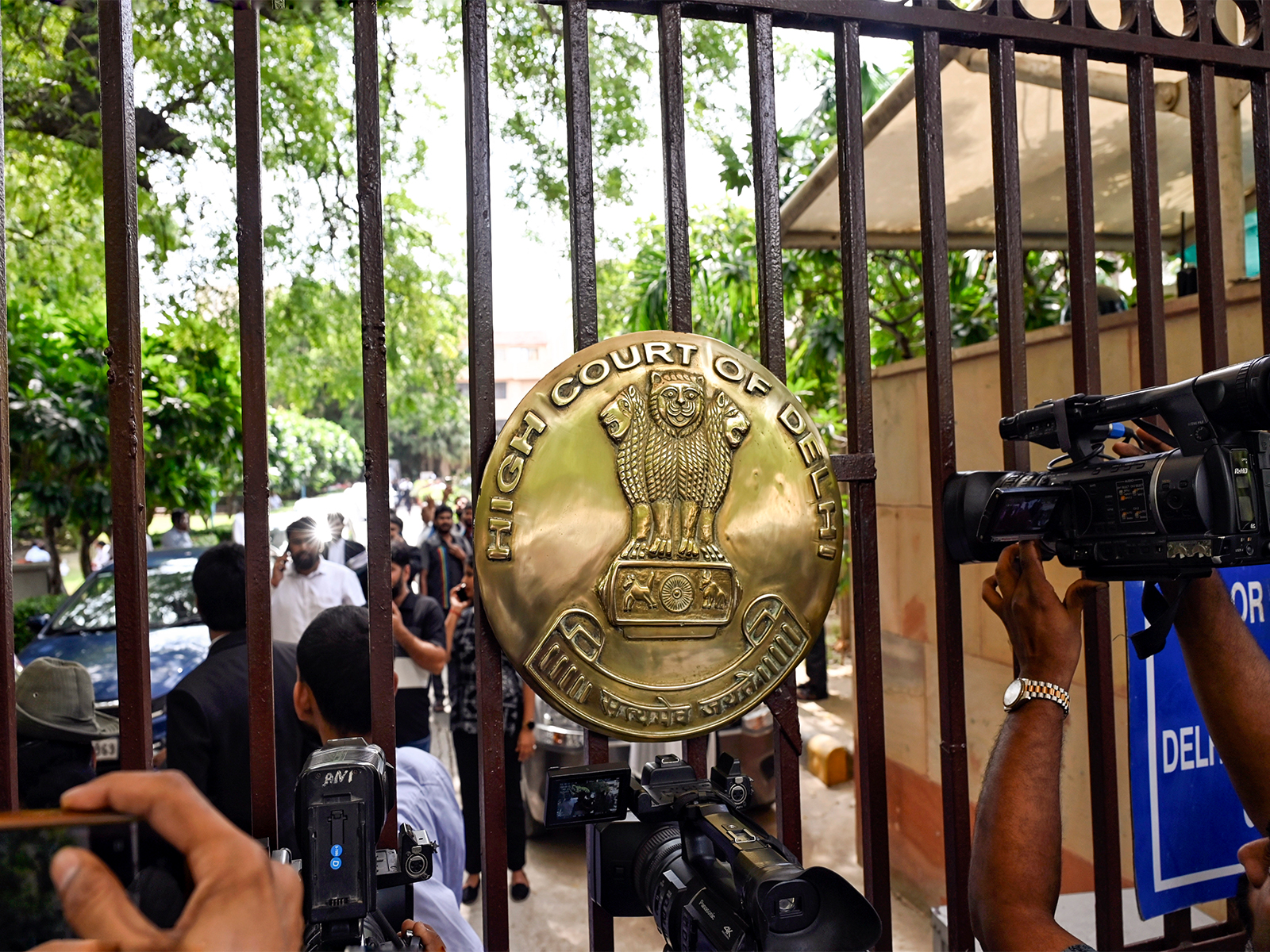Delhi High Court Upholds Statutory Immunity Over Humanitarian Pleas in Foreign Nationals' Case
The Delhi High Court ruled that humanitarian reasons cannot override the statutory regulations governing foreign nationals in India. An Afghan detained at Lampur Detention Centre failed to secure release based on a UNHCR certificate. The Court emphasized that deportation is an executive act, establishing no residency rights for foreigners.

- Country:
- India
In a significant decision, the Delhi High Court has reiterated that humanitarian grounds cannot circumvent the statutory framework that regulates the entry and stay of foreign nationals in India. Justice Sanjeev Narula's ruling dismissed the petition of an Afghan national seeking release from detention at Lampur Detention Centre, emphasizing the legal boundaries of residency in India.
The individual, convicted under Section 14 of the Foreigners Act, 1946, argued for release by presenting a United Nations High Commissioner for Refugees (UNHCR) certificate. However, the court noted that as India is not a signatory to the 1951 Refugee Convention, the certificate holds no enforceable legal status in Indian law.
Highlighting the Supreme Court decisions in Hans Muller of Nurenburg and Louis De Raedt v. Union of India, the Court stressed that deportation decisions belong to the executive branch, pending legal compliance. Justice Narula underlined that judicial review aims to ensure the legality and fairness of such proceedings, not to grant residency rights, ultimately dismissing the plea for release under humanitarian pretenses.
(With inputs from agencies.)
ALSO READ
LPG Tanker Crew Released After Houthi Detention Amid Tensions
Uproar in Ladakh: Climate Activist's Detention Sparks Outrage
Godman's Downfall: From Deception to Detention
Protest Erupts Outside Jodhpur Jail Over Sonam Wangchuk's Detention
Sonam Wangchuk's Detention Sparks Outrage Over Ladakh Protests










